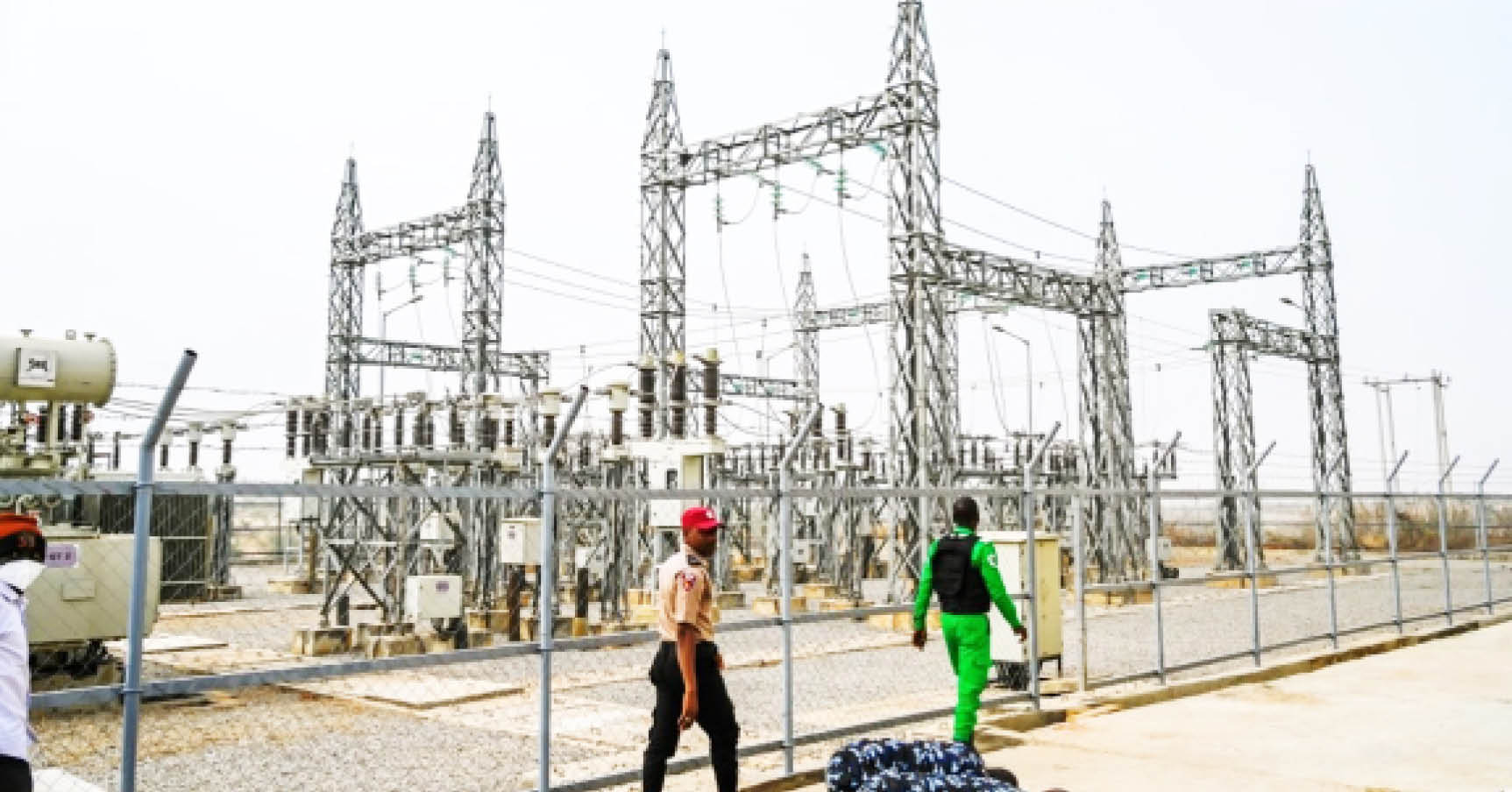Nigeria’s electricity sector has long grappled with challenges ranging from erratic power supply to financial sustainability. Some of the challenges faced by the Distribution Companies (DisCos) include insufficient energy supply from the national grid, old and obsolete network, poorly trained manpower, low meter penetration, poor customer database, absence of investments due to poor revenue, inadequate tariffs and the problem of huge Aggregate Technical, Commercial and Collection (ATC&C) losses.
In response to these issues, the government passed the Electricity Act 2023 (the Act) with the aim of revolutionising the sector by introducing competition and private investment. This landmark legislation has already begun reshaping the business landscape for the DisCos, but it comes with its share of challenges.
One of the most significant changes ushered in by the act is the introduction of competition within the sector. In the past, DisCos operated within relatively monopolistic environments, serving specific geographical regions. However, the act now encourages new entrants to participate in electricity generation, transmission and distribution, thus fostering competition and driving efficiency.
To promote competition within the sector, the Nigeria Electricity Regulatory Commission (NERC) issued 50 new power generation and metering licenses, marking the dawn of increased competition. Energy experts believe that with the introduction of this new act, over 50 per cent of consumers in urban areas now have the option to choose from multiple electricity providers. This shift underscores the need for DisCos to be prepared for competition. Consequently, consumers will have the autonomy to decide where they source their electricity supply.
- Police arrest 37 suspects, recover guns, vehicles, POS machine in Lagos
- Reps probe 59 MDAs over ‘Covid-19 funds’
While competition brings fresh opportunities, it also poses several challenges to DisCos. The established companies now face increased pressure to enhance their services, reduce losses and attract and retain customers.
Another major challenge faced by DisCos is the that of improving their network and infrastructure.
According to a report, it was estimated that the cost of improving infrastructure to remain competitive was estimated to be over 1.5trn over the next five years. Policy makers in the power sector believed that without fixing the distribution infrastructure, the problem of the power sector could not be fixed.
Experts in the energy sector predict that DisCos will see about 15 per cent reduction in their market share in urban areas where competition has been introduced. No thanks to the Electric Act.
As DisCos adapt to this evolving landscape, they are increasingly embracing customer-centric strategies. This shift towards customer-focused practices include enhancing service quality, streamlining complaint resolution and introducing innovative billing systems, all aimed at securing customer loyalty within this fiercely competitive market.
According to the NERC’s first quarter report for 2023, customer complaints declined, with 11,595 fewer complaints (a 4.44 per cent decrease) compared to the fourth quarter of 2022, while the number of resolved cases increased by 4.05 per cent, accompanied by a 0.38 percentage point rise in the average resolution rate. This suggests that customer satisfaction ratings for DisCos has improved over the last quarter.
Despite these positive changes, several challenges remain. Effective regulatory oversight is crucial to ensure fair competition and consumer protection. Striking the right balance between allowing market forces to drive efficiency and safeguarding consumer interests is an ongoing challenge.
Another major challenge is that DisCos will have to face states’ electricity regulations which will no doubt be varied from state to state. For instance, Jos Electricity Plc ((JED) covers four states: Pateau, Bauchi, Gombe and Benuel. What this means is that if all these states enact their different regulatory laws, JED as a company will have to deal with each differently. This will no doubt create operational costs, among other things.
The Electricity Act of 2023 has triggered a significant transformation in Nigeria’s electricity sector, particularly for DisCos. While challenges are present, the prospects for a more reliable, customer-focused and competitive electricity market are within reach. There is no doubt that the act will prioritise the implementation of tariffs that accurately reflect the cost and service provided, as well as promote competition in the electricity sector through the use of contracts and rules. This will go a long way in enhancing the efficiency and effectiveness of Nigeria’s electricity industry. The journey towards a brighter future for Nigeria’s electricity sector is well underway, guided by the principles of competition and private investment. The question to ponder is, who bears the responsibility for the implementation of this act?
Abubakar Ibrahim (PhD) is the
founder of Enpower Energy Consult Africa

 Join Daily Trust WhatsApp Community For Quick Access To News and Happenings Around You.
Join Daily Trust WhatsApp Community For Quick Access To News and Happenings Around You.


